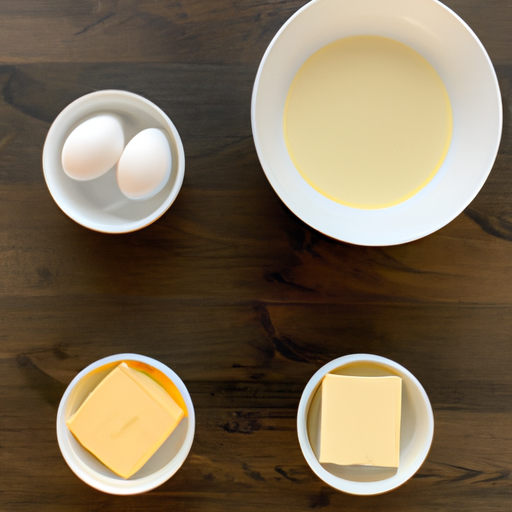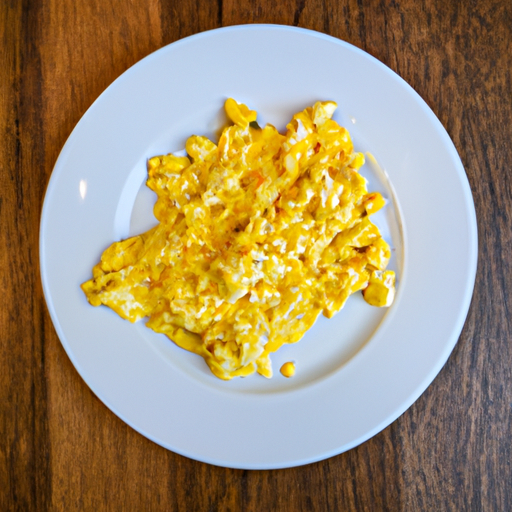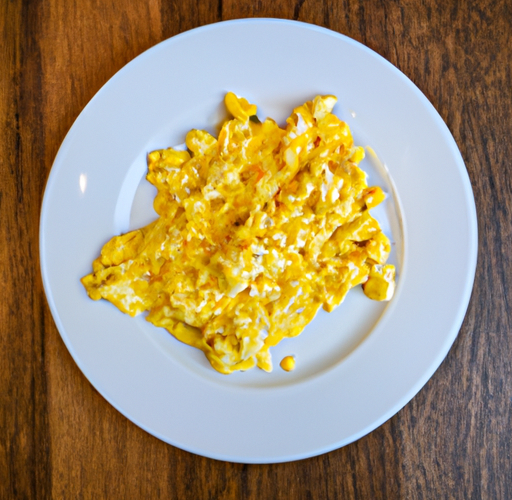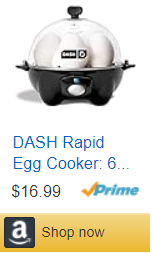Welcome to the delicious world of European scrambled eggs. This delightful dish is a classic breakfast item that is easy to make but tastes divine. This recipe combines fluffy eggs with rich flavors that will leave your taste buds dancing. Whether you indulge in this dish every day or just on special occasions, European scrambled eggs are sure to become a favorite in your brunch repertoire. So let’s get started and learn how to make this amazing dish! We’ve made this european scrambled eggs recipe easy to follow 👨🍳.

Ingredients
- 4 large eggs
- 1/4 cup heavy cream
- 1 tablespoon unsalted butter
- Salt and pepper, to taste
- Chives, chopped (optional)
Instructions
- Whisk together 4 large eggs and 1/4 cup heavy cream in a small bowl.
- Melt 1 tablespoon unsalted butter in a nonstick skillet over medium heat.
- Pour the egg mixture into the skillet. Let it cook, stirring occasionally, until the mixture starts to set.
- Using a silicone spatula, fold the eggs over on themselves until they are cooked through but still soft and creamy.
- Season to taste with salt and pepper.
- If desired, sprinkle with chives.
- Serve hot with toast, bacon, or other breakfast items.

How long does european scrambled eggs last in the fridge?
European scrambled eggs should be stored in an airtight container in the refrigerator and can last for up to four days. When storing, make sure to let the eggs cool down to room temperature before refrigerating them. Reheating the scrambled eggs in a microwave or on the stove is an easy and convenient way to enjoy them. It’s important to note that if the eggs look or smell bad, they should be discarded immediately as they may be spoiled. Properly storing and reheating your scrambled eggs can help make them a great grab-and-go breakfast option during the week.
Low calorie european scrambled eggs recipe substitutions
To make this European-style scrambled eggs recipe lower in calories, some substitutions can be made. Firstly, you can replace the heavy cream with low-fat milk or almond milk to reduce the calorie content. Secondly, instead of using butter, you can use a non-stick cooking spray or a small amount of olive oil. Using less oil or butter will significantly reduce the calorie count of this recipe. Additionally, using egg whites instead of whole eggs would further reduce the calorie content while still providing protein. Finally, skipping the chives or using a calorie-free herb or spice like oregano would help lower the overall calorie count of the dish. Overall, these small changes can make this recipe much healthier while still providing a delicious breakfast option.
What to serve with a european scrambled eggs?
European scrambled eggs are a classic breakfast dish, typically served with a variety of side dishes. If you are looking for a classic and simple pairing, consider serving it with toast, butter, and fresh herbs like chives or parsley. You can also add some cooked bacon or sausage for a more hearty meal. Another great option is to serve it with roasted vegetables, such as mushrooms, tomatoes, or asparagus. For a lighter option, you can serve it with a fresh fruit salad on the side. The possibilities are endless, so choose your favorite side dish and enjoy!
Whats the best sauce for a european scrambled eggs?
The best sauce for European scrambled eggs can vary depending on personal preference, but a classic option is hollandaise sauce. This creamy, buttery sauce made with egg yolks, lemon juice, and melted butter pairs perfectly with the fluffy texture of scrambled eggs. Another popular option is béarnaise sauce, which is similar to hollandaise but also includes shallots, tarragon, and white wine vinegar. For a tangy twist, a simple tomato sauce made with canned or fresh tomatoes, garlic, and herbs can also complement scrambled eggs nicely. Ultimately, the best sauce for European scrambled eggs is the one that tickles your taste buds and makes your brunch experience enjoyable.
European scrambled eggs health benefits
European scrambled eggs can provide a good amount of protein and healthy fats to the body. Protein is essential for repairing and building tissues in the body, while healthy fats play a crucial role in supporting brain function, maintaining healthy skin and hair, and reducing inflammation. Additionally, eggs contain important vitamins and minerals such as vitamin D, vitamin B12, and selenium. However, it is important to note that the health benefits of eggs can be negated when they are cooked in unhealthy ways, such as with excessive amounts of butter or oil. To make a healthier alternative, consider making a vegetable frittata with egg whites and a variety of nutrient-dense vegetables such as spinach, bell peppers, and mushrooms. By using egg whites instead of the whole egg and incorporating vegetables, you can lower the overall caloric and cholesterol content while still getting plenty of important nutrients.
Post | Title | Ratings | Link |
 | Turkey and Cheese Omelette | ||
 | Goat Cheese and Tomato Omelette | ||
 | Tomato and Mozzarella Omelette |
















